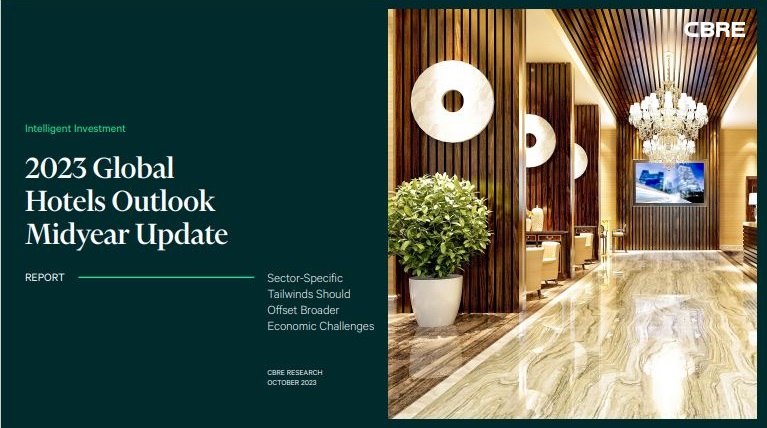This feels like an especially good time to look back and take stock: the long hot summer is ending, and some of us are already starting to plan for Diwali next month (I know I am), but as we close out the third quarter, how have last year’s projections for Indian tourism and hospitality held out, and what will the future hold in store?
This time last year, of course, India was still cautiously emerging from two painful years of COVID lockdown restrictions (how far away that all now seems), but despite this, end of year consumer confidence was running high. Glance Spotlight’s 2021 Travel Report found 50 percent of respondents planned to travel on the Subcontinent in 2022: 37 percent of them (naturally enough) intended to travel with their loved ones, and 34 percent were expecting to book a flight and hotel package to make the most of India’s stunning natural resources and rich hinterland. It all seemed primed for success…but what actually happened?
Well, if anything, it’s proved even better than expected…
On the up
Across the Country, hotel occupancy rates rose by 23 percent in the first half of the year, and they’re now only 8 percent lower than at the start of the pandemic: far better than any of us could reasonably have expected, especially given the chilling impact of COVID on a sector that was among the first to be hit by lockdowns, and virtually the last to come out. Strong (and strengthening) levels of consumer demand have also led to higher average room rates across the board, and they’re already returning to pre-pandemic levels (46 percent higher than the first half of 2021), with sectoral growth up by 130 percent over the same period.
Indeed, by March of this year, Foreign Direct Investment in Indian Tourism and Hospitality had reached a two year peak of USD 16.38 billion, making it a key driver for growth in the Subcontinent’s service sector: employing 8 percent of India’s workforce, and projected to generate annual earnings of USD 125 billion within the next four years.
A global tourism hub
Prime Minister Modi’s Government has responded to that success with a healthy, and much appreciated, pat on the back for the sector: this year’s Union Budget allocated USD 309.13 million additional funding to hospitality: 18.42 percent higher than the comparable figure last year, as well as USD 152.16 million more for the Swadesh Darshan Scheme (launched by the Union Ministry of Tourism in 2014 as a platform for a fully integrated series of theme based tourist circuits, in addition to new tourism infrastructure).
And on top of all that, two months ago, the Ministry of Tourism also launched a National Strategy for Sustainable Tourism and Responsible Travel: a stark recognition of the importance eco-friendly travel and hospitality has assumed within the sector. Recent surveys consistently report that when it comes to choosing how to travel and where to stay on the Subcontinent, sustainability and environmental criteria remain at the top of the agenda for recreational and business travellers alike. No surprise then, that the Ministry is looking to tap into, and build, on that settled preference.
These, then, are just the sort of measures that are currently set to turbo charge India’s position as a Global Tourism Hub…which means we can confidently predict that an already bright present will become an even brighter future.
And, at Eco Hotel, that’s something we’ve been working hard to prepare for too.
Since the company was founded, more than ten years ago, Eco Hotels has placed wellbeing, nature, and local communities at the very heart of its business model: fostering energy efficiency, technology and sustainability from the ground up, sourcing supplies to support local communities, and managing operations with a clarity of vision that brings a new dimension to hospitality on the Subcontinent. Our operations are already fully in line with the Ministry of Tourism’s new policy objectives. But we still want to do more: we want to build on those credentials as well…
So as the summer draws to a close, I was especially proud to have been part of Eco Hotels’ recent acquisition of a 68 percent stake in BSE listed Sharad Fibres and Yarn Processors (a foundational move forward in its ambitious GBP 10 million programme to roll out Eco Hotel brands across India over the next five years). That will make us even better positioned to meet the exacting demands of Millennial and Gen Z travellers on the Subcontinent, so I can’t wait to see what happens next..






